Ulric Dahlgren was killed outside of Richmond, near the King & Queen County Court House, on March 2 during a bungled raid on the Confederate capital, ostensibly to free Union prisoners. (See Battle of Walkerton). Late that evening thirteen-year-old William Littlepage discovered Dahlgren's body and searched its pockets for a pocketwatch. Instead he found a pocketbook and two folded papers, which he promptly turned over to his teacher Edward W. Halbach, a captain in the Confederate Virginia Home Guard. Halbach examined the papers the next morning, discovering that they contained signed orders on Union army stationery for a plot to assassinate Davis. According to one of the papers:
"The men must keep together and well in hand, and once in the city it must be destroyed and Jeff. Davis and Cabinet killed Halbach immediately contacted his commander, Captain Richard H. Bagby, and informed him of the discovery. At 2 p.m. on March 3rd Bagby transferred the papers to Lieutenant James Pollard with instructions to deliver them to his commander Col. Richard L. T. Beale. Beale instructed that they be delivered to the Confederate command in Richmond immediately. Pollard arrived in Richmond at noon on March 4th and delivered the papers to General Fitzhugh Lee. Lee, astonished at their contents, immediately took the papers to President Davis and Secretary of State Judah P. Benjamin. Davis quietly read through the documents in Lee's presence and paused when he reached the assassination order, remarking "That means you, Mr. Benjamin." Lee was then instructed to take the papers to the War Department where they were received by Secretary of War James A. Seddon. Seddon decided to release the documents publicly and sought Davis' approval to do so. The Richmond newspapers were contacted for a conference at the War Department and given copies of the orders, which were published the next morning on March 5.
In coming months the papers were widely circulated in the Confederacy and in Europe as evidence of Union barbarism. Dahlgren was likened to Attila the Hun and several Union leaders were accused of participation in the plot up to and including President Abraham Lincoln. In the North, the papers were denounced as a forgery designed to weaken the Union's war effort.
Subscribe to:
Post Comments (Atom)














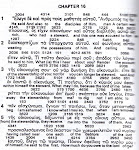

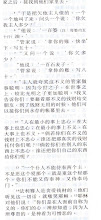






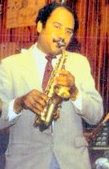







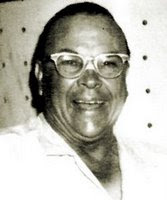









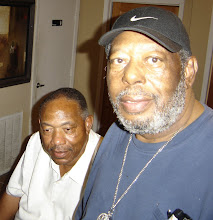













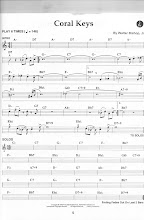

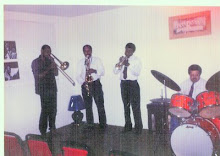






No comments:
Post a Comment